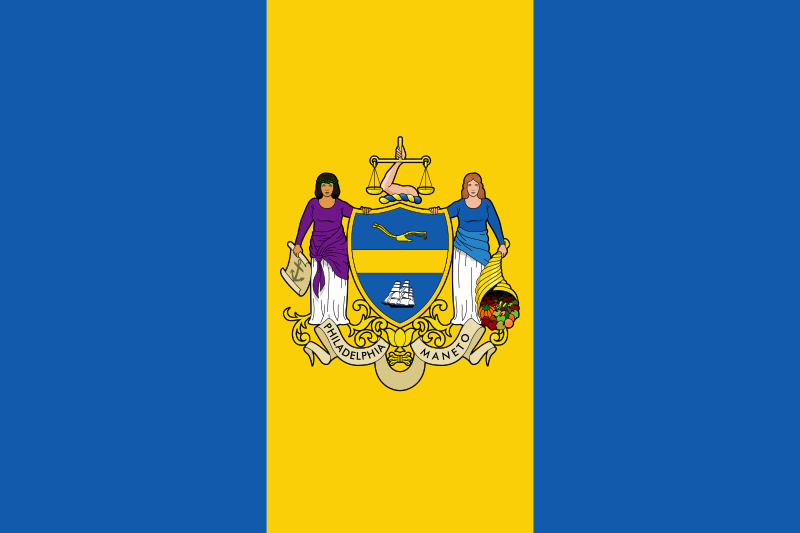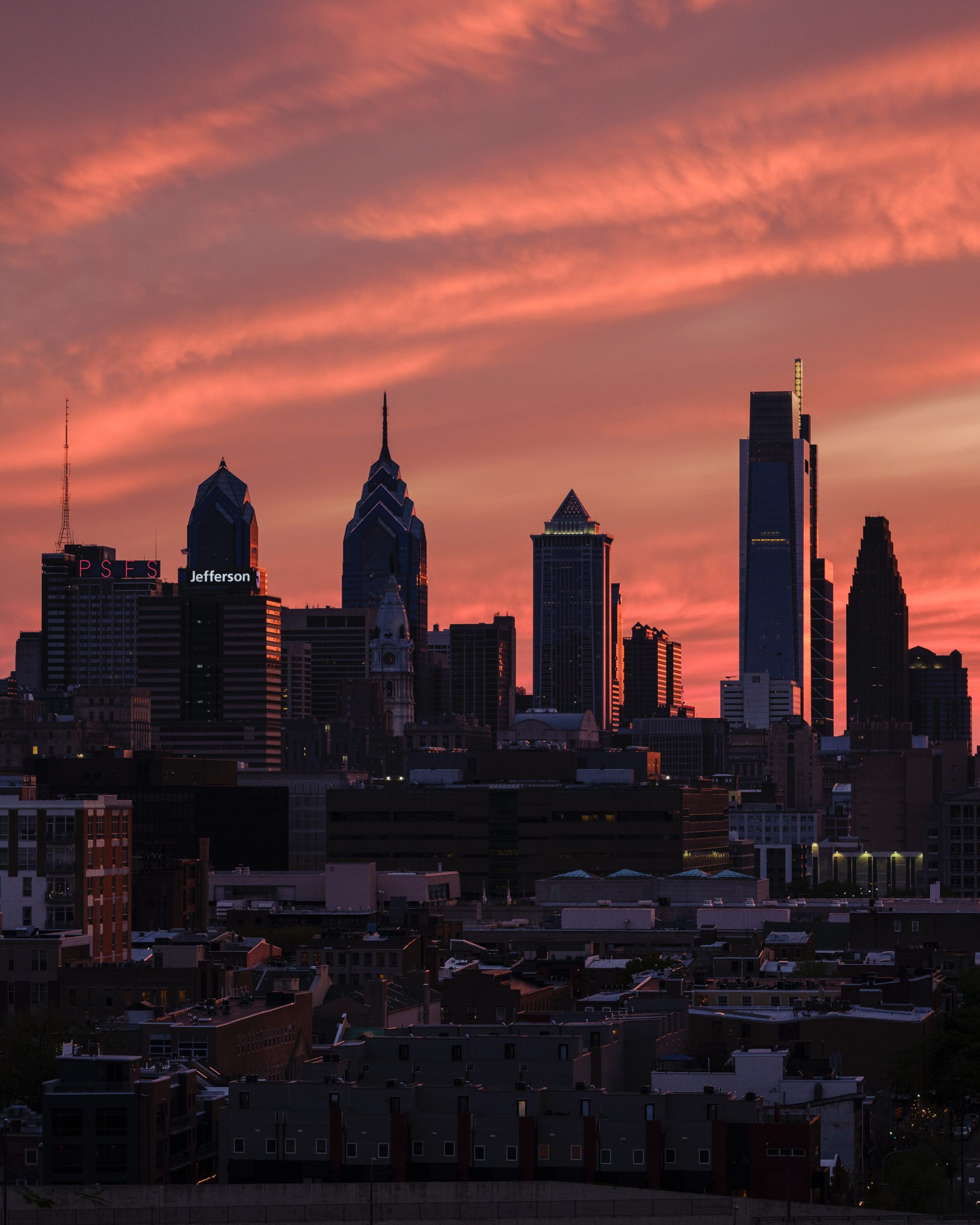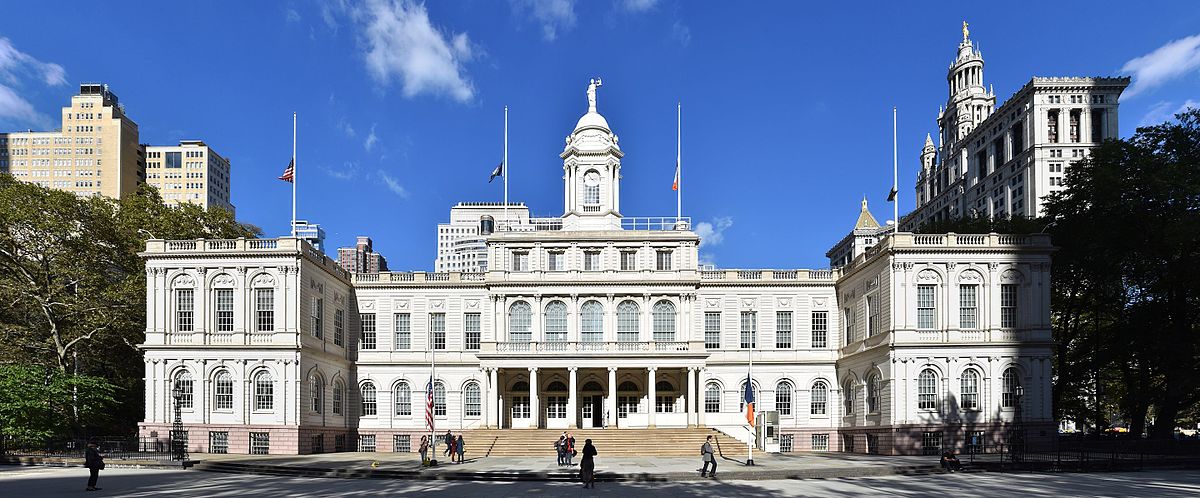Tag: philadelphia
-
Incumbent Larry Krasner defeats Patrick Dugan in Democratic Primary for district attorney of Philadelphia

Incumbent Larry Krasner (D) defeated Patrick F. Dugan (D) 64.4%-35.6% in the Democratic primary for district attorney of Philadelphia on May 20. Before the election, WHYY Radio’s Carmen Russell-Sluchansky wrote, “The contest pits two competing philosophies against each other: Krasner’s commitment to continuing to overhaul a historically punitive system and Dugan’s pledge to restore a…
-
Incumbent Lawrence Krasner (D) and Patrick F. Dugan (D) are running in the May 20 Democratic primary for district attorney of Philadelphia

Incumbent Lawrence Krasner (D) and Patrick F. Dugan (D) are running in the Democratic primary for district attorney of Philadelphia on May 20, 2025. WHYY Radio’s Carmen Russell-Sluchansky wrote, “The contest pits two competing philosophies against each other: Krasner’s commitment to continuing to overhaul a historically punitive system and Dugan’s pledge to restore a sense…
-
Voters decided 264 local ballot measures in 29 different states in the top 100 largest cities in the U.S. and state capitals

There were 264 local measures in 29 different states within the top 100 largest cities in the U.S. and state capitals. Of the 264 measures, 219 (82.95%) were approved, and 45 (17.05%) were defeated. Eleven (4.16%) were citizen initiatives and 253 (95.83%) were referred to the ballot by city councils, school districts, or other local…
-
Philadelphia voters to decide measure on making Office for People with Disabilities a permanent part of the city charter

The Philadelphia City Council unanimously passed a charter amendment in June, referring it to the Nov. 2023 ballot, that would make the Office for People with Disabilities a permanent part of city government by making it a part of the city charter. Philadelphia currently has a Mayor’s Office on People with Disabilities, which was established…
-
Parker wins Philadelphia’s Democratic mayoral primary

Cherelle Parker defeated eight other candidates in the Democratic primary for mayor of Philadelphia on May 16. She faces David Oh—the only candidate who ran for the Republican nomination—in the general election on Nov. 7. Incumbent Jim Kenney (D) was first elected mayor in 2015 and was term-limited. The city’s last 10 mayors were elected…
-
Nine candidates running in Democratic primary for mayor of Philadelphia

Nine candidates are running in the Democratic primary for mayor of Philadelphia on May 16, 2023. The winner will face David Oh—the only candidate who ran for the Republican nomination—in the general election on Nov. 7. Incumbent Jim Kenney (D), who was first elected mayor in 2015 and re-elected in 2019, is term-limited. Asha Prihar,…
-
Philadelphia voters approve two charter amendment ballot measures
Voters in Philadelphia, Pennsylvania, approved two amendments to the city’s charter on June 2. Question 1 created a Philadelphia Department of Labor, along with a Board of Labor Standards, to administer and enforce citywide labor laws and collective bargaining agreements. According to election night results, Question 1 had 80 percent of the vote. Question 2…

